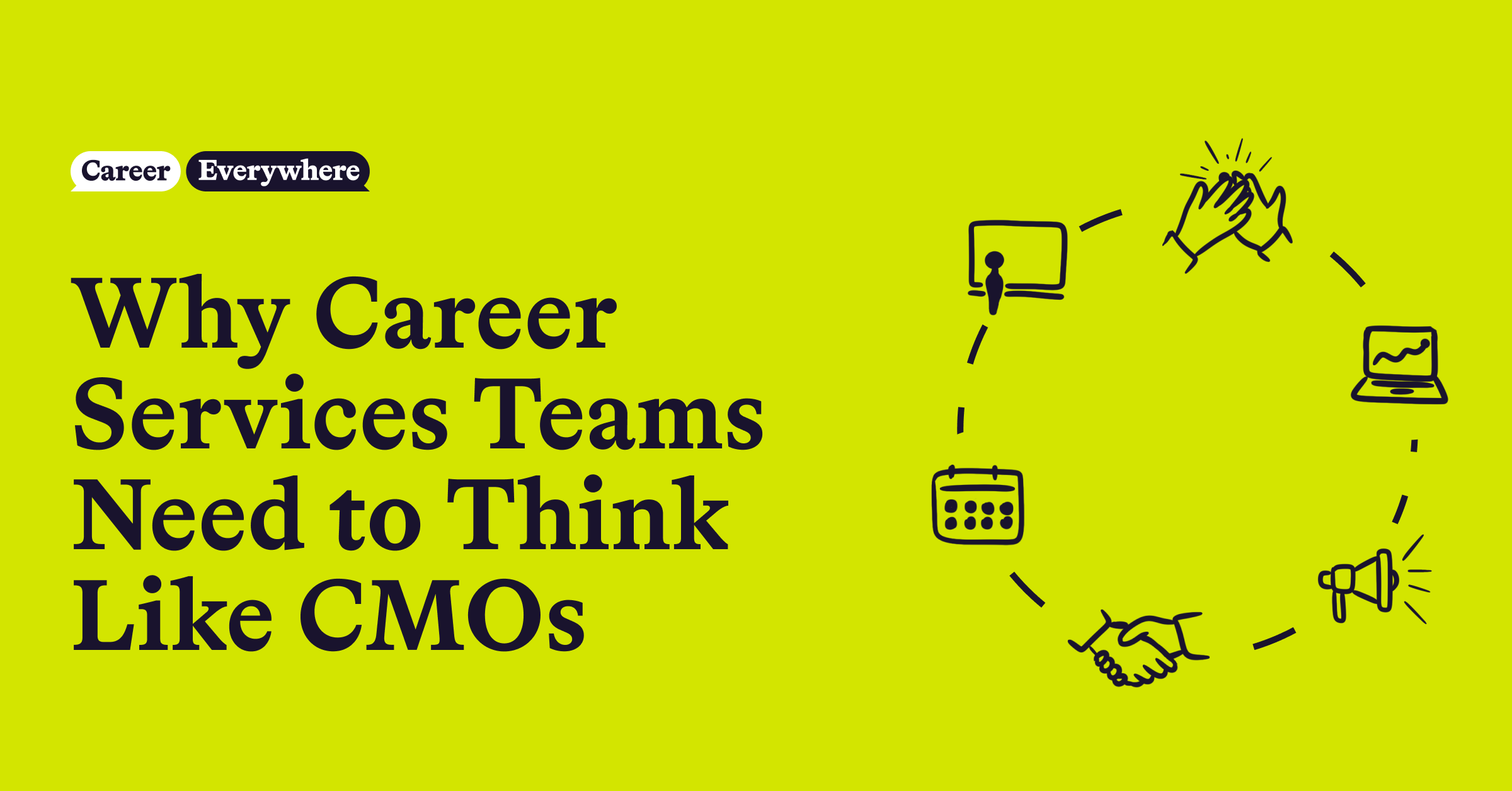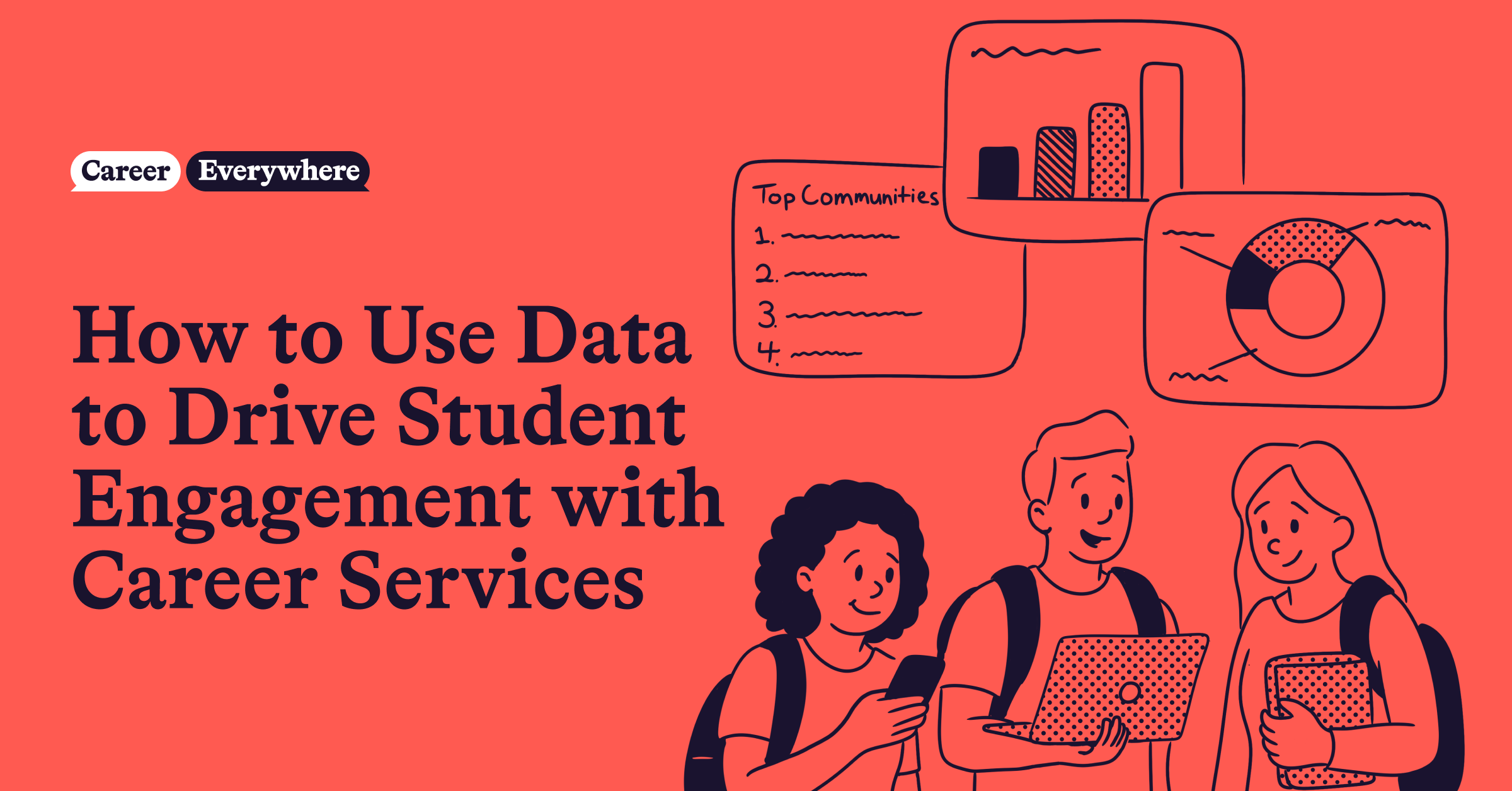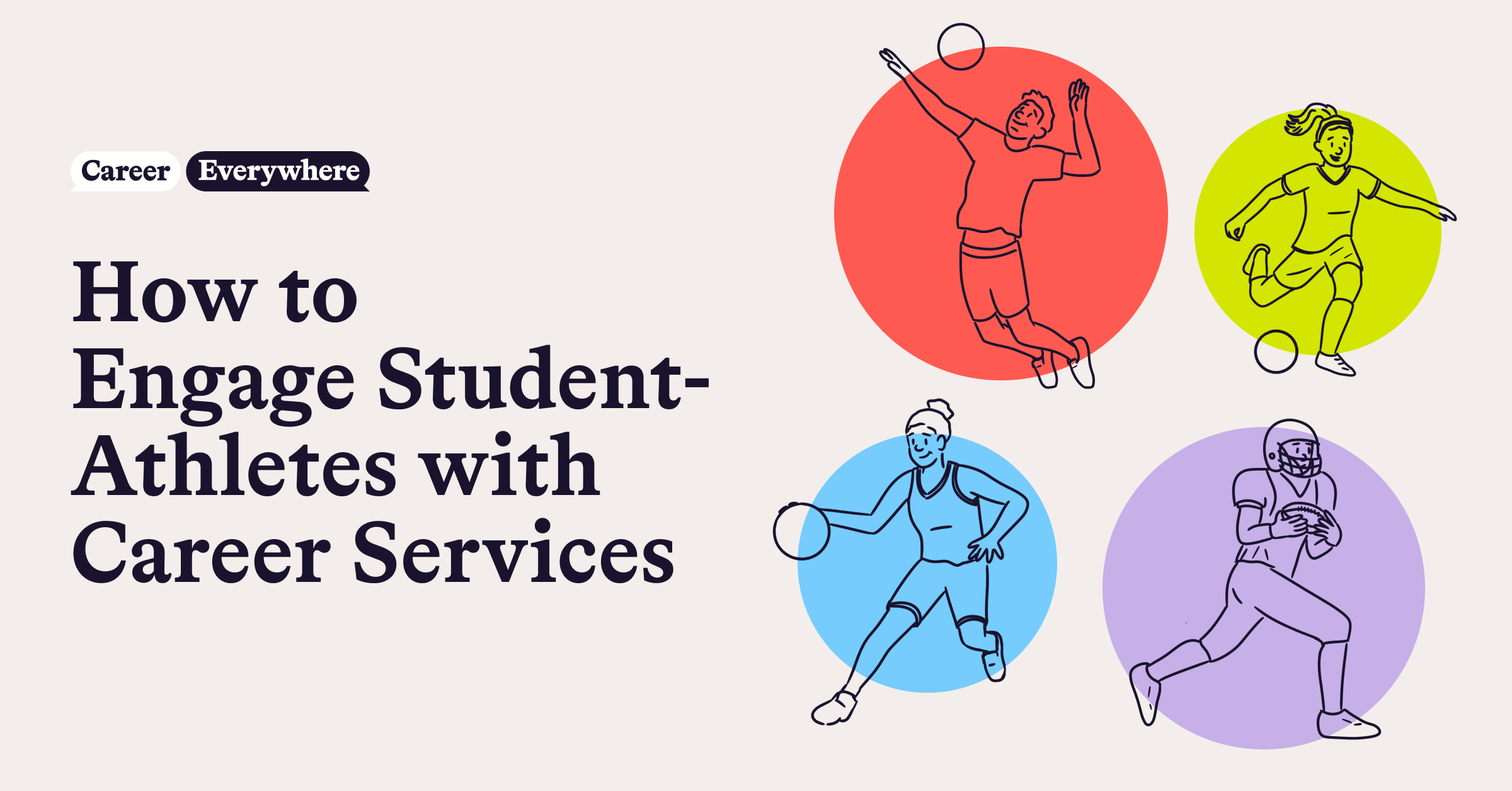

As a former D1 student-athlete, Dr. Carissa Liverpool of Rutgers University Athletics knows better than anyone how challenging it can be to engage student-athletes with career services.
Between athletics, academics, a social life, and more, student-athletes are notoriously strapped for time. That’s why Liverpool and her team in the Scarlet Knights For Life Program at Rutgers developed a six-part strategy for engaging the 700-750 student-athletes they serve with career services.
Learn more about how Rutgers University engages student-athletes with career services in this podcast episode.
Unique challenges student-athletes face in terms of career development
Student-athletes face a number of unique challenges when it comes to career development. That’s why, according to Liverpool, the Assistant Athletic Director of Student-Athlete Development, they’re one of the hardest student populations to reach.
Here are two of their biggest challenges:
1. Ability to prioritize
Student-athletes have so much expected of them, but they don’t always know how to prioritize all of their responsibilities. After all, they’re still young adults. The lack of prioritization (or just not knowing how to prioritize) can make it difficult for student-athletes to start thinking earlier about their career or life after sports.
2. Overall life balance
Student-athletes not only have to balance academics, but they also have to balance everything that comes with their sport—practices, competitions, travel, community engagement, and more. Add a social life and anything else they have going on and you have a pretty overwhelming mix that makes it difficult to even think about visiting the career center.
“If you’re not balanced in your life and everything that you have going on, whether it’s athletic and academic responsibilities, social activities, student-athlete responsibilities, balancing emotions on and off the fields, mental health, but then they also have to think about their future. At the end of the day, they’re still young adults making young adult decisions, which can be tough sometimes,” Liverpool said.
Six ways to engage student-athletes with career services
Knowing that student-athletes are among the hardest student populations to reach, we recently talked with Liverpool about six ways to better engage student-athletes with career services.
1. Engage student-athletes as early as possible
Liverpool says her team works hard to introduce career development to student-athletes as early as possible—even as early as during recruiting visits. When Liverpool talks with prospective student-athletes, she talks about all the resources available at Rutgers, including career services. This interests a lot of student-athletes and their parents who are very invested in what they can do with life after sport.
Once student-athletes are on campus, Rutgers requires all freshmen to take a class that helps them navigate the university, learn how to balance priorities, find a sense of community belonging, learn what it means to be a Scarlet Knight, and learn about personal branding, social media presence, and career development.
“We start by exploring their personal interests to better inform major selection, but also their future goals, whatever it may be, whether it aligns with their major or not. We try to expose our student-athletes to professionals, whether they’re alumni former athletes or Rutgers alums in general or any type of professional that is local in the community that wants to give back their time, to really practice conversations and build a robust network of professionals,” Liverpool said.
2. Get buy-in from coaches
Getting coach buy-in is a critical step in engaging student-athletes with career services. Because when coaches are invested, they will give career services professionals access to address their teams during practices, meetings, etc. Then the career team can get the student-athletes bought in.
“I think it’s simply relationship building and trust. When you can show your value and share success stories, the proof is in the pudding. We’re showing all of this data to coaches to say, ‘Hey, listen, these athletes came to us and all of them landed jobs, all of them landed internships. We only need 10 minutes to tell your athletes about us,’” Liverpool said.
When Liverpool and her team launched the Scarlet Knights For Life virtual career center, called Career Edge, earlier this year (more info in the sections below), they held a mandatory coaches meeting (for all coaches, including football, men’s and women’s basketball, and more). In that meeting, Liverpool walked coaches through the virtual career center, showed them all the resources, and explained how it would benefit student-athletes.
While Liverpool was only supposed to speak for three to five minutes, her presentation ended up going for 15 minutes because the coaches were so engaged and asked so many questions. She said several coaches emailed her or pulled her aside after the presentation to say how great of a tool it is.
3. Make career resources available online 24/7
One major way that Rutgers Athletics engages student-athletes with career services is through their virtual career center platform, Career Edge. Powered by uConnect, the platform puts all of their career resources—including articles, videos, job and internship postings, labor market insights, and more—in one place.
The best part? It’s accessible 24/7/365, which is perfect for on-the-go student-athletes who may not have time to make multiple visits to the career center.
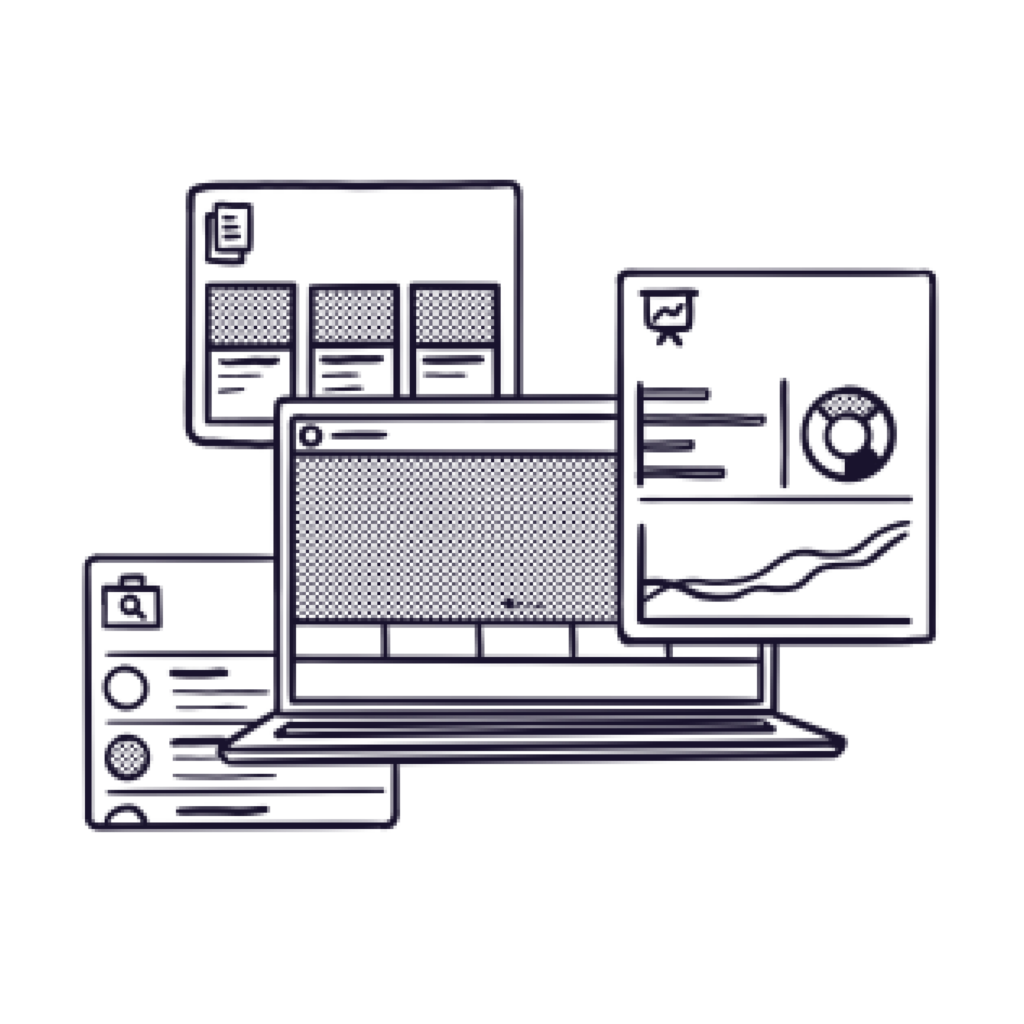
“The platform, for us, serves two major purposes. One, it’s a place for our student-athletes to access all of the important life-after-sport resources in one place. Plus, they can access internship and employment opportunities from employers that specifically want to hire our student-athletes.
“And two, it’s a place for employers to connect with our student-athletes directly for hiring opportunities and job shadowing opportunities,” Liverpool said.
Career Edge has been a game-changer, not only in helping student-athletes access the resources they need to start thinking about their careers early and often. But it’s also been a boon to the recruitment process, helping coaches and career center staff prove the ROI of a Rutgers athletic and academic experience.
“When recruits come, I’m pulling it up on my computer to show recruits and their legal guardians or parents this active tool that we’re using. I think the best thing is the word is getting out across campus, and soon I’m going to be doing a demo with our alumni career services team,” Liverpool said.
4. Make it easy for employers to hire student-athletes
One of the most popular elements of the Career Edge platform (powered by uConnect) is the online “business card” section.
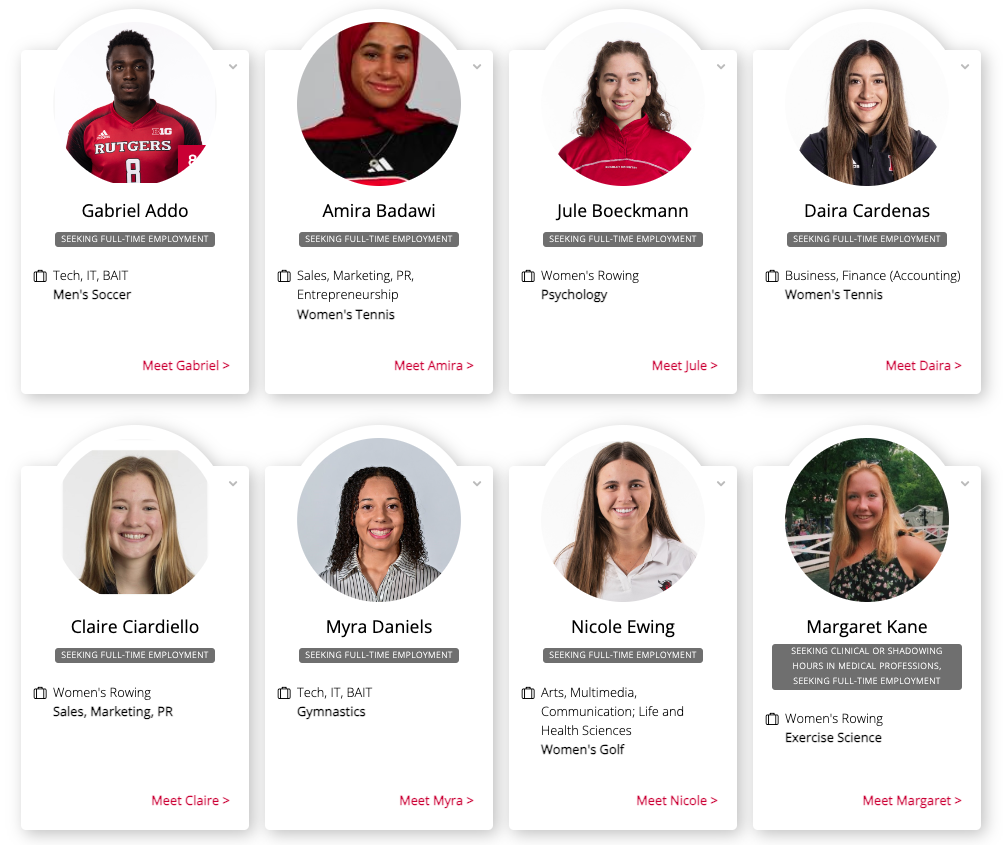
When students have completed the Scarlet Knights For Life Career Passport program and become “Career Edge qualified,” they can build an online business card. Featured on the employers section of the Career Edge site, each business card features a student’s name, photo, sport, work experience, career communities, resume, and LinkedIn profile. (Check out an example here)
That way, any employers looking to hire a Rutgers student-athlete for a job or internship can explore these business cards and reach out to a student directly if they’re interested in interviewing them.
“We don’t even need to play this middle man, middle woman role when connecting for jobs. We can, obviously, because that’s part of what we do, but the platform is just another tool for folks to see the work that we’re doing and hire student-athletes who are ready to go. It’s been amazing,” Liverpool said.
5. Meet student-athletes where they are
Liverpool said student-athletes, at any level, have a very unique relationship with their institution, but that’s especially true at Rutgers.
“When you’re competing at the top level in one of the top conferences in the country in your sport, that relationship is just different. You’re dedicating 20-plus hours a week to your sport. That includes team practice, training, competition, travel, team activities, and then you have to be a student. And Rutgers is pretty tough.
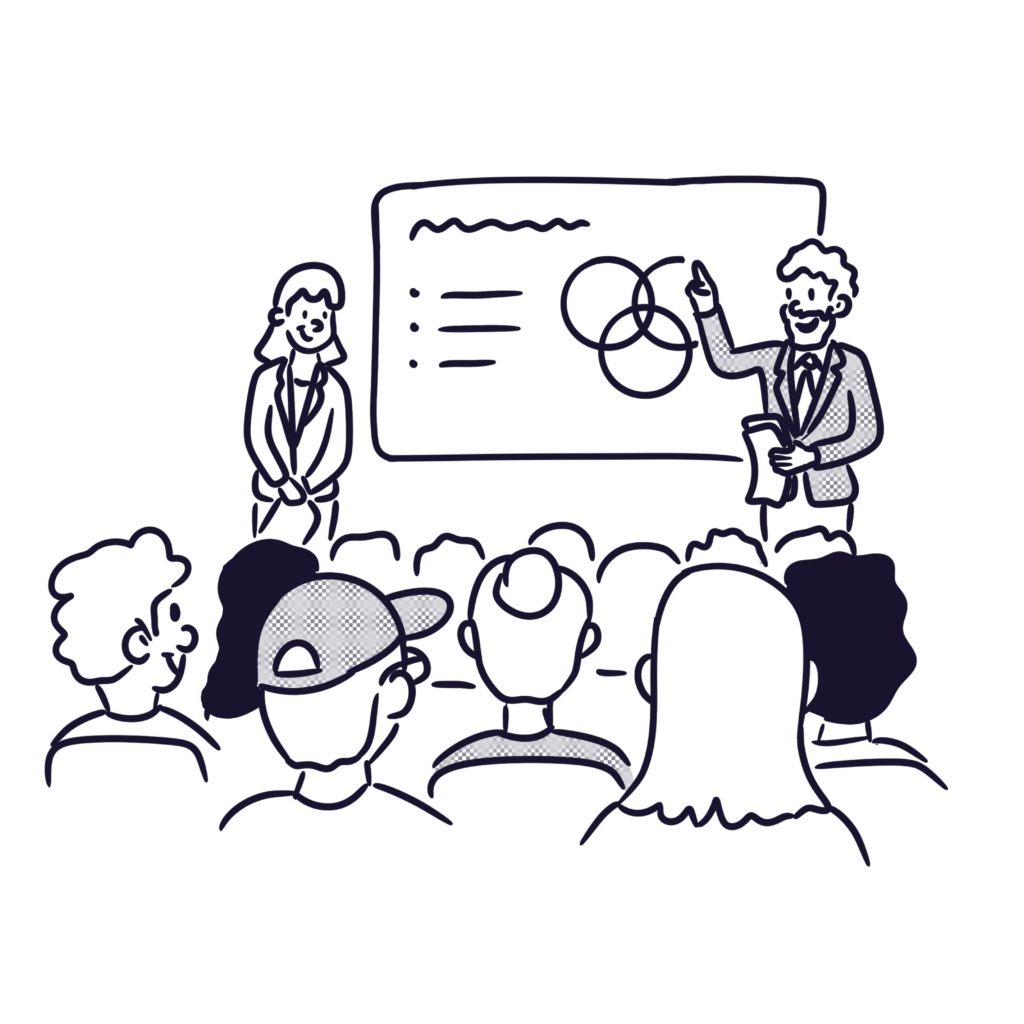
“And that doesn’t include if you’re really passionate about community service and giving back, in pre-treatment or post-treatment for an injury, going to doctor appointments, sports psychology appointments, nutrition appointments, office hours with a professor, group work outside of the classroom. All of that is why their time is very limited. We meet them where they’re at,” Liverpool said.
That means if the career team wants to teach a workshop on financial literacy, budgeting, or how to have a professional networking conversation, and the only time the student-athletes are available is at 8 or 9 p.m. on a Sunday, then that’s when they do the workshop. And they’ll do it in their residence hall to make them feel comfortable and to make it more accessible.
It means having a career conversation with an athlete while they ride the bus or walk to their next class. It means meeting them right before or after practice. It means doing workshops with specific teams, since it’s more likely they’ll all be available at similar times.
As Liverpool puts it, it’s about meeting them where they are, always.
“It’s tough because the university offers so many resources, and we have a lot of athletes take advantage of those resources when their time permits. But a lot of times they can’t attend a career event that’s being hosted by university career services or a career fair because of when it falls within their day or their travel schedule or whatever the case is.
“Our department literally does the same thing as the university career services department, but just for student-athletes because of their time constraints,” Liverpool said.
6. Go to student-athlete competitions
Career services professionals know a thing or two about busy schedules, just like student-athletes, but Liverpool encourages career leaders to make the time to go to the competitions of the student-athletes they’re trying to reach.
After all, that’s part of meeting them where they are!
“Going to their competitions is really important. I have the luxury because I work in athletics, I can just pop into their practice. It’s normal for me to show up to practice. It’s normal for me to show up at competitions.
“But for folks who don’t work in athletics or at university career services, showing your support at their competitions is huge. It’s slowly building that relationship and that trust and that rapport, because at the end of the day, they are students. They’re students first, and knowing that you’re supporting their athletic abilities and their student abilities is important too,” Liverpool said.
Learn more about how Rutgers University engages student-athletes with career services in this podcast episode.
